Modernism in the Catholic Church describes attempts to reconcile Catholicism with modern culture, specifically an understanding of the Bible and Sacred Tradition in light of the historical-critical method and new philosophical and political developments of the late 19th and early 20th centuries.

The Institut catholique de Paris, known in English as the Catholic University of Paris, is a private university located in Paris, France.
Jean Ousset was a French ideologist of National Catholicism born in Porto, Portugal. He was an activist of the Action française monarchist movement in the 1930s, and personal secretary of its leader, Charles Maurras. Under the Vichy regime during World War II, Ousset became the chief of the research bureau of Jeune légion, a structure dependent of the Légion française des combattants, the veterans' association created in 1940 and headed by Xavier Vallat.

Alfred-Henri-Marie Baudrillart, Orat. was a French prelate of the Catholic Church, who became a Cardinal in 1935. A historian and writer, he served as Rector of the Institut Catholique de Paris from 1907 until his death. He campaigned to rouse international support for France during the First World War, while in the Second World War he supported the Vichy regime and backed the Germans for leading the international struggle against bolshevism.
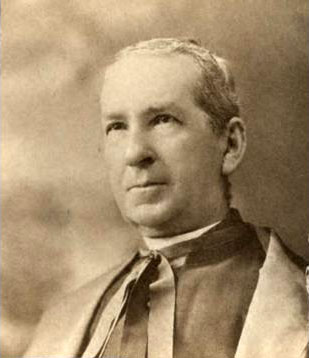
Louis-Adolphe Paquet was an influential French-Canadian theologian from the late 19th early 20th century, and a major North American proponent and actor in the rebirth of Neo-Scholasticism. Although nowhere as politically influential as his uncle Benjamin Pâquet had been, he was well respected and his opinion helped shape the doctrines and policies of the Canadian church in the early 20th century.
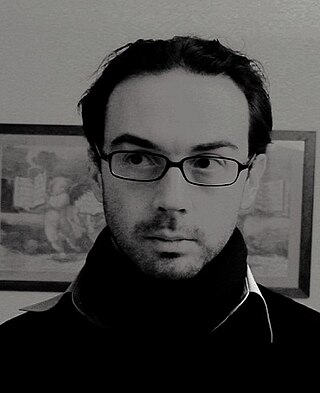
Maxence Caron is a French writer, poet, philosopher and musicologist.
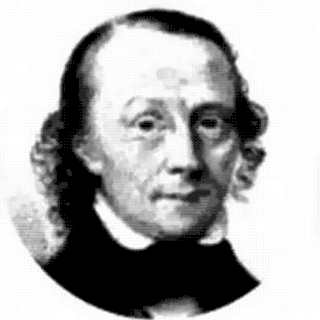
Louis Jean Népomoucène Marie Rousseau was a French naval officer and veteran of the Napoleonic Wars, a utopian socialist, theorist of social Catholicism and founder of the community of Keremma.

Buumi was a royal title in the pre-colonial Serer Kingdoms of Sine, Saloum and Baol, as well as in the Jolof Empire.

The Identitarian movement or Identitarianism is a pan-European nationalist, ethno-nationalist, far-right political ideology asserting the right of the European ethnic groups and white peoples to Western culture and territories exclusively. Originating in France as Les Identitaires, with its youth wing Generation Identity (GI), the movement expanded to other European countries during the early 21st century. Its ideology was formulated from the 1960s onward by essayists such as Alain de Benoist, Dominique Venner, Guillaume Faye and Renaud Camus, who are considered the main ideological sources of the movement.
The St. Joseph Cathedral is a religious building belonging to the Catholic Church and is located in Mopti in the fifth administrative region of Mopti in central African country of Mali. The cathedral is located near Independence Avenue and Kanaga and Le Fleuve hotels. It was established in 1953 as the Parish of St. Joseph.
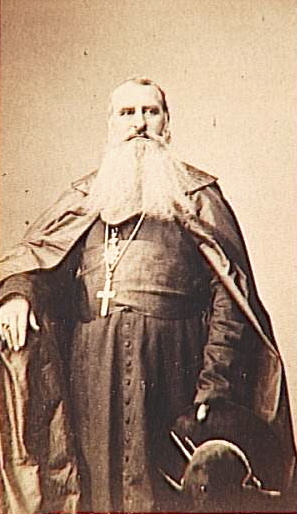
Louis-Antoine-Augustin Pavy (1805–1866) was a French Catholic prelate who served as the second Bishop of Algiers from 1846 to 1866. He attempted to convert the Arabs to Catholicism. He denounced socialism, rampant among French colonists, as the work of the devil.
Daniel Moulinet is a French priest and historian, professor of contemporary history at the Catholic University of Lyon.

The Our Lady of the Assumption Cathedral also called Les Cayes Cathedral Is the name given to a religious building of the Catholic Church located in the city of Les Cayes (Okay) in the Department of the South, southwest of Hispaniola Island and west of the Caribbean country of Haiti.

Karim Ouchikh is a French politician. He is the current vice-president of the National Council of European Resistance, a far-right pan-European political group.

École secondaire catholique Père-Philippe-Lamarche, is a public separate French first language secondary school operated by the Conseil scolaire catholique MonAvenir and located on Eglinton Avenue, in the Toronto neighbourhood of Eglinton East. It is the first public francophone separate secondary school in Scarborough.
The Malines Congresses were a series of Catholic Congresses held in Mechelen, Belgium, with the purpose of bringing together Catholics with leading roles in all walks of life, on the model of the German Katholikentage. The first three, held in 1863, 1864 and 1867, had considerable cultural, social and political impact. They lay at the foundation of the future development of a Catholic Party in Belgian politics, as well as a nascent Social Catholicism. The first congress saw the establishment of the Guild of Saint Thomas and Saint Luke, which shaped Belgian Gothic Revival architecture and art education. The main organiser of the first three congresses was Édouard Ducpétiaux, who died in 1868. They were hosted in Mechelen by the archbishop, Engelbert Sterckx, who died in December 1867, although much of the practical management fell to Isidore-Joseph du Rousseaux, a teacher at the junior seminary where many of the sessions were held.
Philippe Levillain was a French historian and academic. He specialized in the history of Catholicism and the papacy and notably wrote a historic encyclopedia of the papacy.
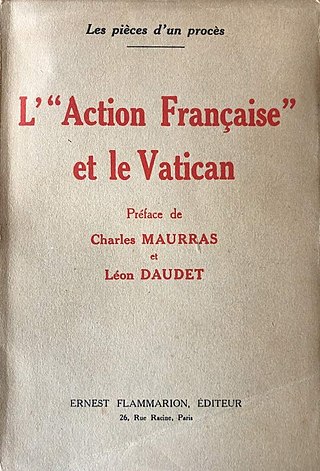
L'Action française et le Vatican is a book by the French journalist and politician Charles Maurras, director of L'Action française, published in 1927. The text is a collection of letters, articles and statements relating to the condemnation of Action Française by Pope Pius XI.

Lucien Laberthonnière was a French Oratorian priest, theologian, philosopher and historian of philosophy. He was a central figure in the Modernist crisis along with his close friend and primary philosophical influence Maurice Blondel. He also influenced George Tyrell and his writings were placed on the Index of Forbidden Books in 1913.

The Ralliement refers to the policy adopted by some Catholics in France to support the French Third Republic following the publication of the papal encyclical Au milieu des sollicitudes on February 16, 1892, by Pope Leo XIII. Supporters of this position were called the Ralliés.












